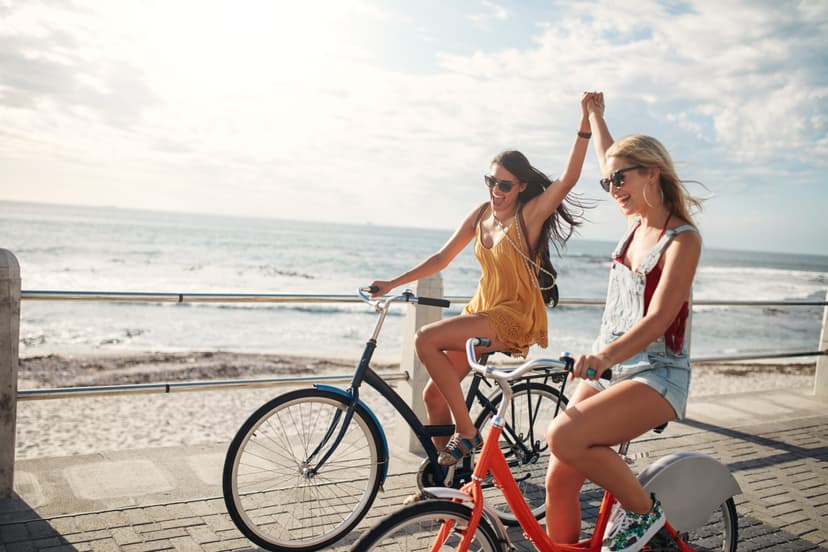Companies have a role to play in meeting consumer expectations: they can offer fairer remuneration to producers, source a more local selection of products, set up partnerships with NGOs that act directly in the field… In short, actions that can be implemented to align with consumers’ values, and motivate actors who are not yet convinced by these initiatives that they are beneficial to society as a whole. Companies are a driving force for change to spread this model. For example, in Europe, Denmark has become a recognized leader in environmental protection. There, bulk buying has become a habit, helping to reduce food waste by 25%[6] – and demonstrating why it is important for food companies to offer this type of product. The country has also committed to having 50% of its energy production come from renewable sources by 2050[7].
Thomas Lemoine emphasizes that offering local products benefits both companies and consumers, creating a “virtuous circle” of better consumption: “local products limit logistics and transport costs, which inevitably has an impact on the final price. The producer benefits from higher rates, and the consumer from cheaper prices.”
Finally, it is important to understand that consumers are increasingly informed on these issues, and ever more savvy about greenwashing. Their expectations are therefore becoming more and more precise: they want brands to go beyond political restrictions or objectives, so they can set an example and participate actively in the environmental transition.
[1] https://www.fao.org/3/i3437e/i3437e.pdf
[2] https://www.franceagrimer.fr/fam/content/download/62309/document/11_Synth%C3%A8se%20Panorama%20v%C3%A9g%C3%A9tarisme%20en%20Europe.pdf?version=1#:~:text=Les%20personnes%20qui%20se%20d%C3%A9clarent,Espagne%20(2%2C8%25
[3] https://www.un.org/fr/climatechange/net-zero-coalition
[4] https://www.cec-zev.eu/thematiques/environnement/initiatives-en-allemagne-pour-une-consommation-responsable/
[5] https://www.cec-zev.eu/presse/communiques-de-presse/2022/recyclage-et-tri-des-dechets-en-allemagne-mode-demploi/#:~:text=En%20Allemagne%2C%20le%20tri%20s%C3%A9lectif,ou%20noire)%20pour%20le%20reste
[6] https://dailygeekshow.com/gaspillage-danemark-initiative/
[7] https://plum.fr/blog/energie-ecologie/lumiere-sur-une-ville-verte-copenhague/



